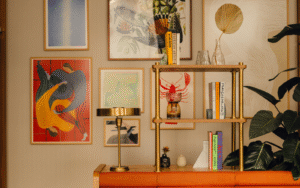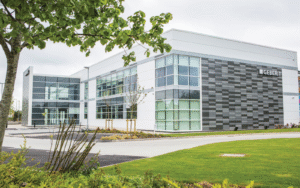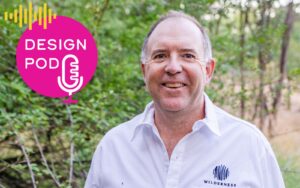Marking Hotel Designs’ 80th article in its Guide To Hotel Design series, Mark Tremlett, Founder of Naturalmat, a company which has recently achieved B-corp status, delves into how the industry can work harder to avoid greenwashing…
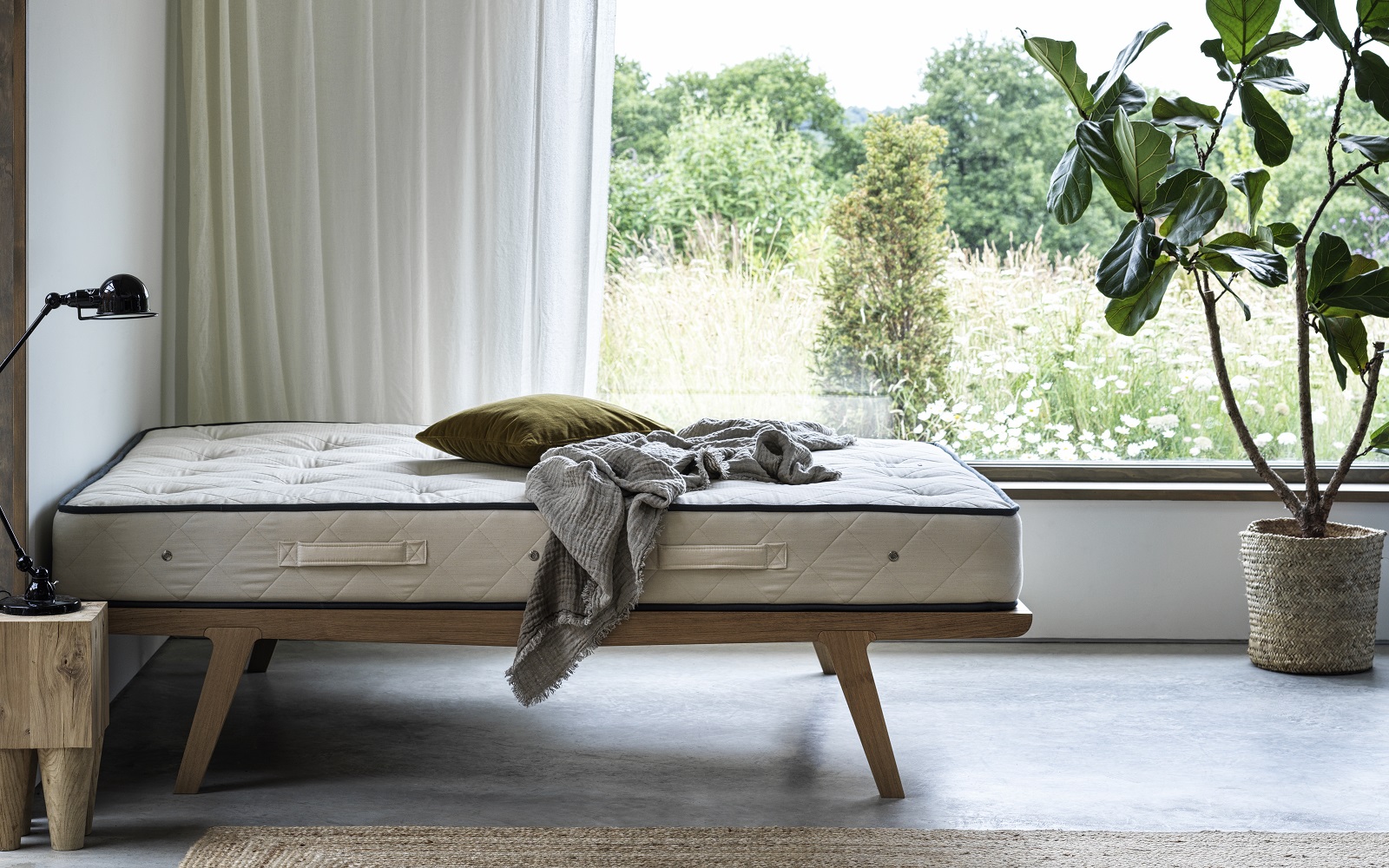
When we started the company Naturalmat more than 20 years ago, the word sustainability was not really used within the industry. People cared about how many pocket springs their mattresses had or the thread count of their sheets, but no one was talking about the importance of using natural, organic fibres, or the type of raw materials being used.
We spend around a third of our life in bed, either sleeping or at least trying to, and we are increasingly realising that sleep is essential to our existence. It has now joined exercise and nutrition as the third pillar of health and wellness. It powers the mind, restores the body and fortifies virtually every system we have. While the National Sleep Foundation recommends an average of seven to nine hours of sleep for adults, per night, only recently are we considering the relationship between what we sleep on and the impact it can have on our health and wellbeing.
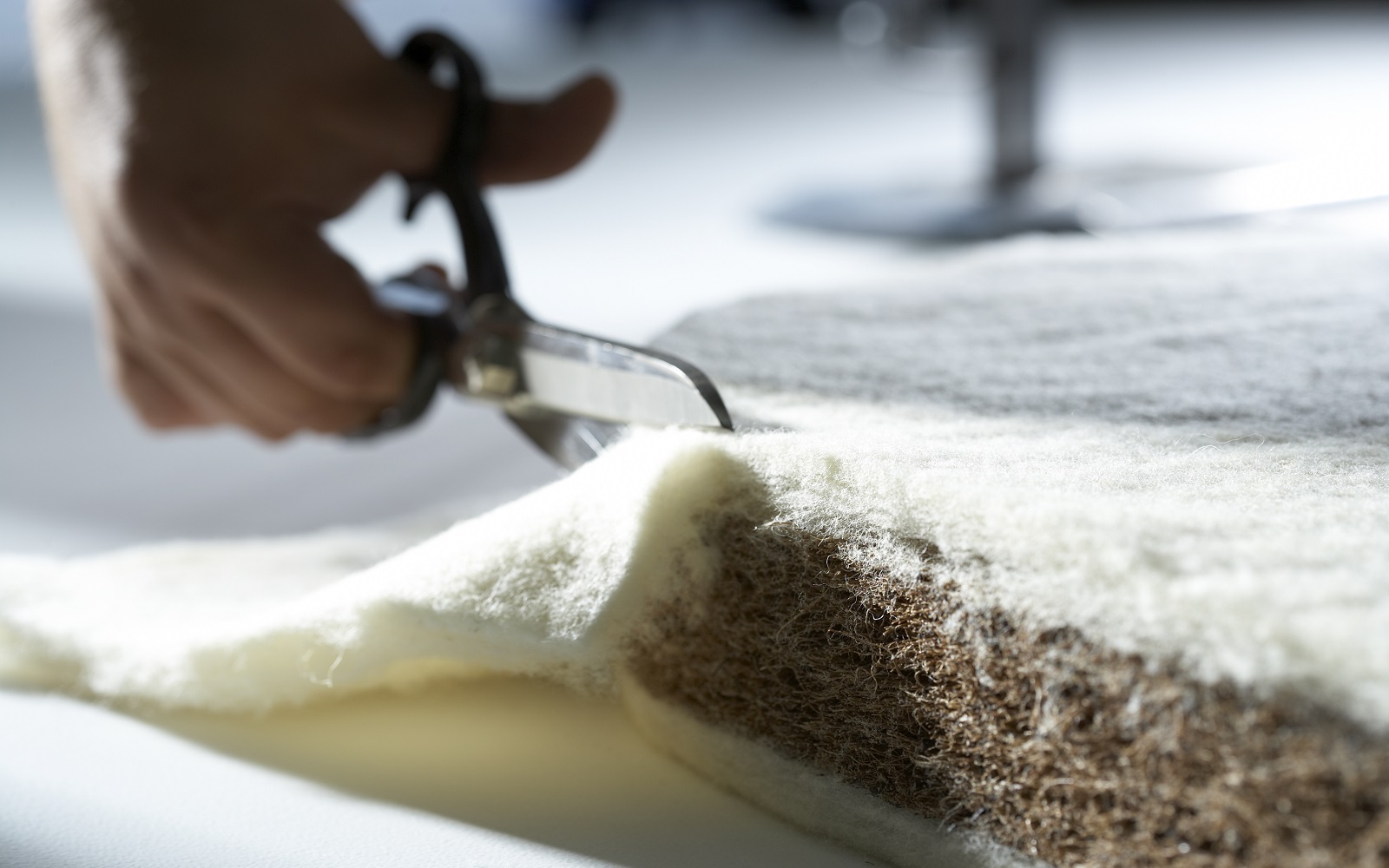
Image credit: Naturalmat
Sadly, what we are seeing is that as people become increasingly eco-conscious and concerned about the environment, businesses are jumping on this with marketing campaigns littered with empty claims and buzzwords. In reality, they’re actually doing very little to adopt a greener approach or make a positive and impactful change. Unnecessary virtue signalling and greenwashing fill our TVs, newspapers, magazines, social media and the internet; but the real question is how can we change this and what is actually being done to make a change for good?
The good news is there are companies genuinely tackling big problems and, ‘doing sustainability right‘. They are approaching the market from all sides and thinking about the negative impact of current industry challenges while working hard to create positive impact. We count ourselves in this cohort, which was recognised earlier this year when we because the first bed and mattress bed company in the UK to achieve B Corp status – an organisation committed to the companies that use business as a force for good by caring about their employees, the environment and their impact on the planet. It is Naturalmat’s long-standing commitment to transparency, trust and consideration when it comes to sustainable production that earned us this global recognition.
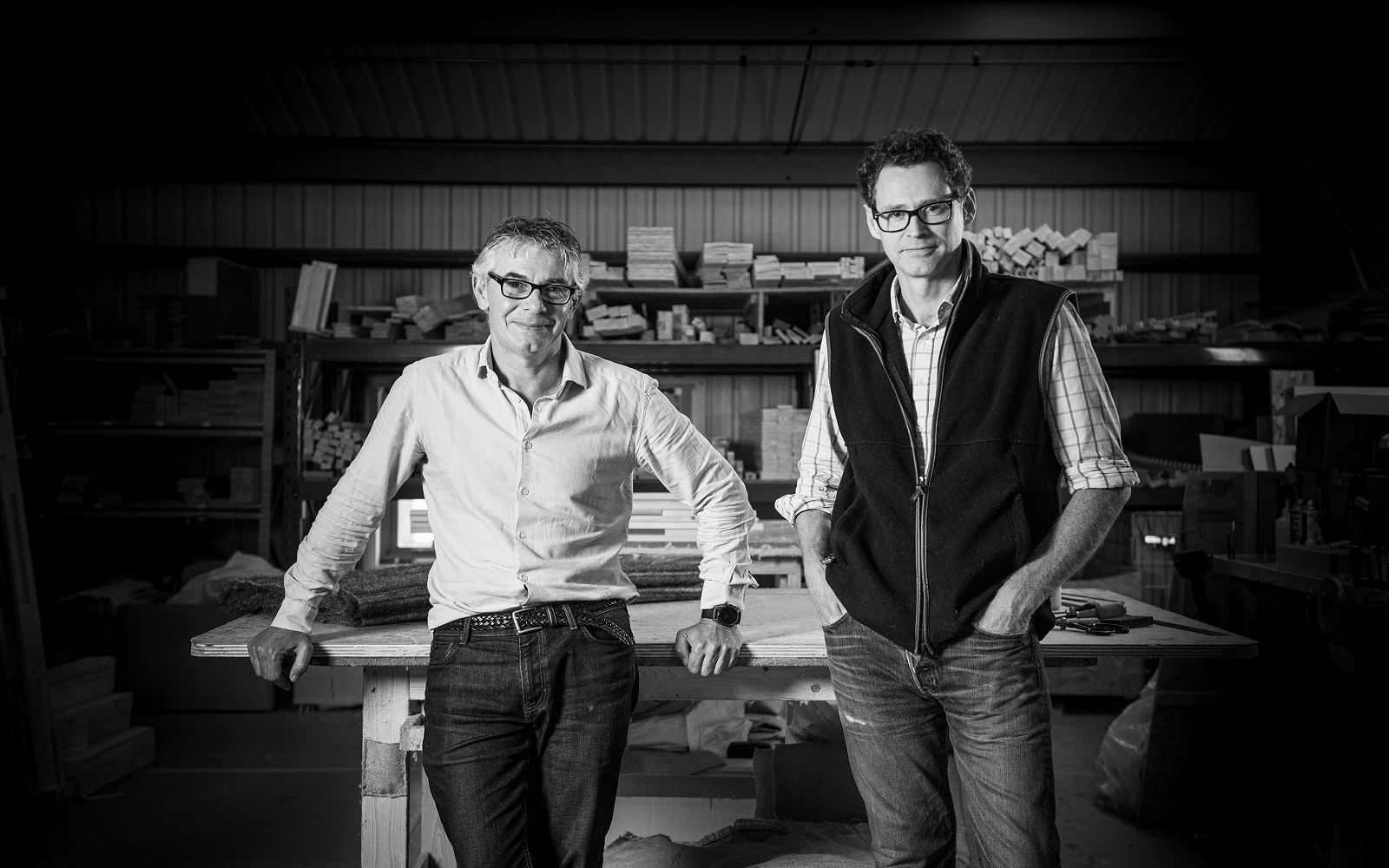
Image credit: Naturalmat
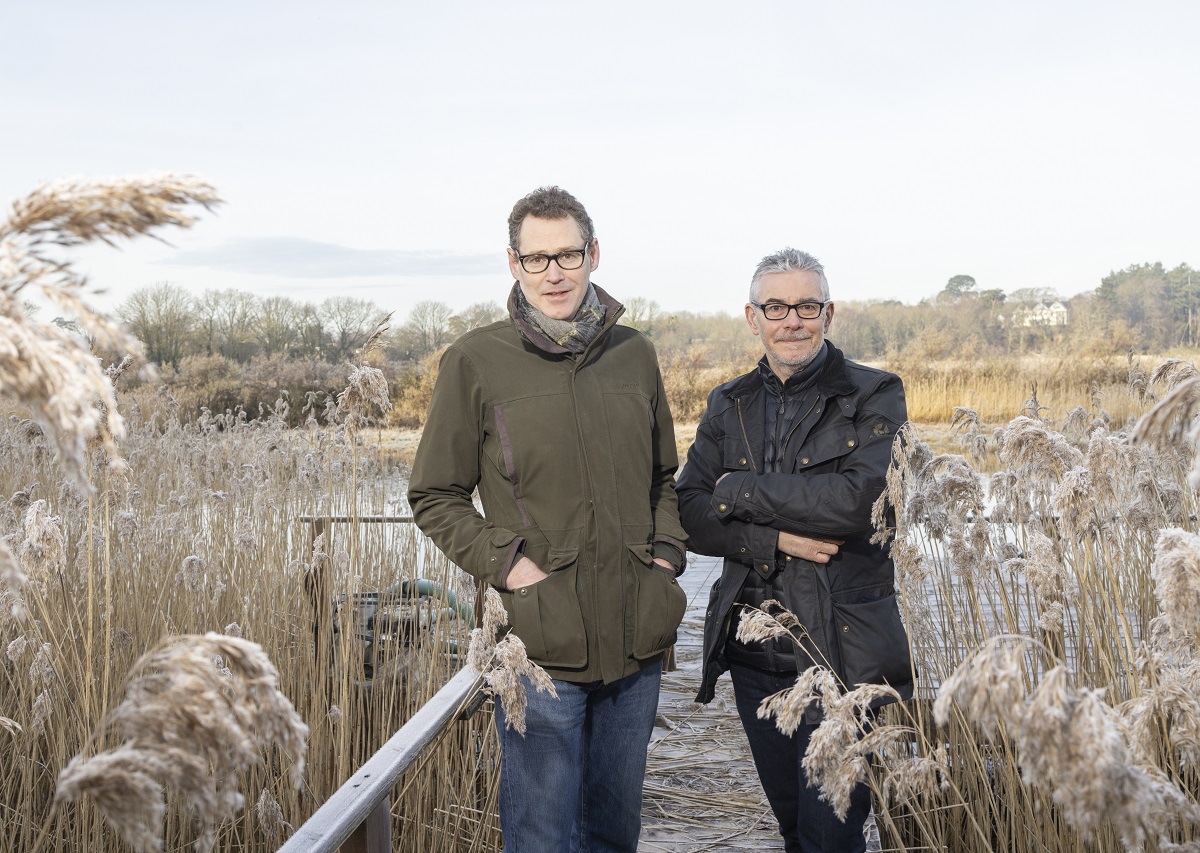
Image caption: Naturalmat founders Mark Tremlett (l) and Peter Tindall (r). | Image credit: Naturalmat
For companies to avoid the perils of greenwashing, it is imperative that, at their very core, they uphold the values that we associate with conscious business. For instance, we talk about circular economy – but how is this monitored? At Naturalmat, we discovered the heartbreaking statistic that, on average, the UK throws 5,000,000 mattresses a year straight into landfill. We’ve addressed this by launching our Mattress for Life Initiative™, which allows our customers to refurbish, recycle or donate their mattress to charity when the time comes to replace it. This is our way of ensuring that absolutely zero Naturalmat mattresses end up in landfill.
Another waste-reducing initiative is our partnership with The Haines Collection, which reuses surplus fabrics from the textile industry. As a result, we have contributed to the overall figure of 22,058m of fabric which they have saved from landfill to date.
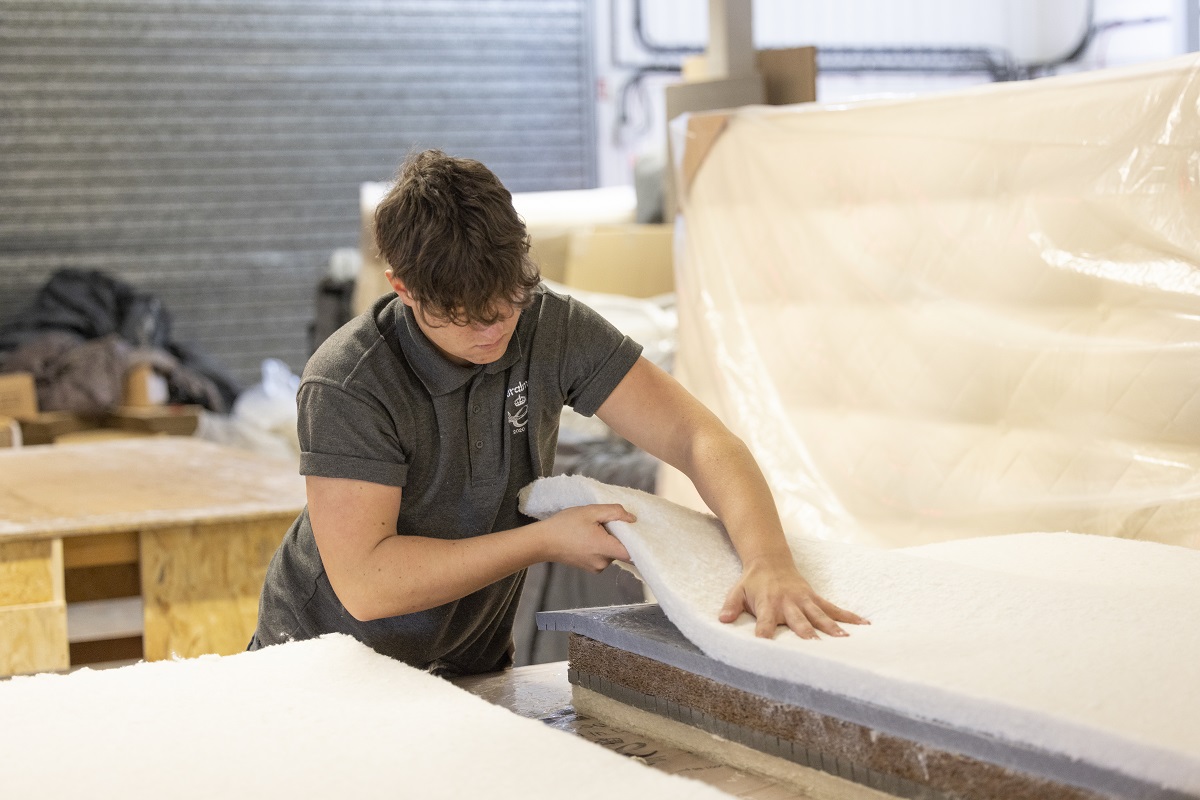
Image credit: Naturalmat
Within our workshop, we have dedicated waste streams for each of our raw materials and we also repurpose our organic wool offcuts, saving 1,200 KG of wool from going to waste in the last year. It’s these initiatives that are putting us on track to create a closed manufacturing loop, with zero waste, by 2025. Our Devon-based workshop has been powered by solar panels for over a decade and our carbon reduction roadmap means we are committed to achieving absolute zero Scope 1 and 2 emissions (without the use of offsets) by 2025, and net zero Scope 3 by 2030.
Another area where we see companies embellishing sustainability claims, especially in the interiors industry, is the use of natural fibres. Shipping tonnes of wool from far flung parts of the world does not make you green and certainly not eco-conscious. Here in the UK, there are over 30 million sheep that graze our fields and provide over 150,000 jobs. At Naturalmat, we’ve always taken the time to work with local suppliers and support the local economy. We work hard to source certified, renewable materials, including organic wool directly from local farmers based within a 70-mile radius of our Topsham workshop, as well as natural latex, recycled denim and organic coir. All these raw ingredients hold third-party verified sustainability certifications, which we investigate and which we trust.
At Naturalmat, we are passionate about farming and know that agriculture claims 50 per cent of all habitable land and is responsible for just under 25 per cent of all human-created carbon emissions. This means it plays a key role in helping us create a safe and healthy future, one where we can sustain our global community by working with nature, not against it. By supporting regenerative farming methods for the production of our natural fibres, we are going beyond ‘organic’. Regenerative farming gives back to the natural systems that traditional farming has destroyed over time, mutually benefitting the plants, animals, farmers and all of us.
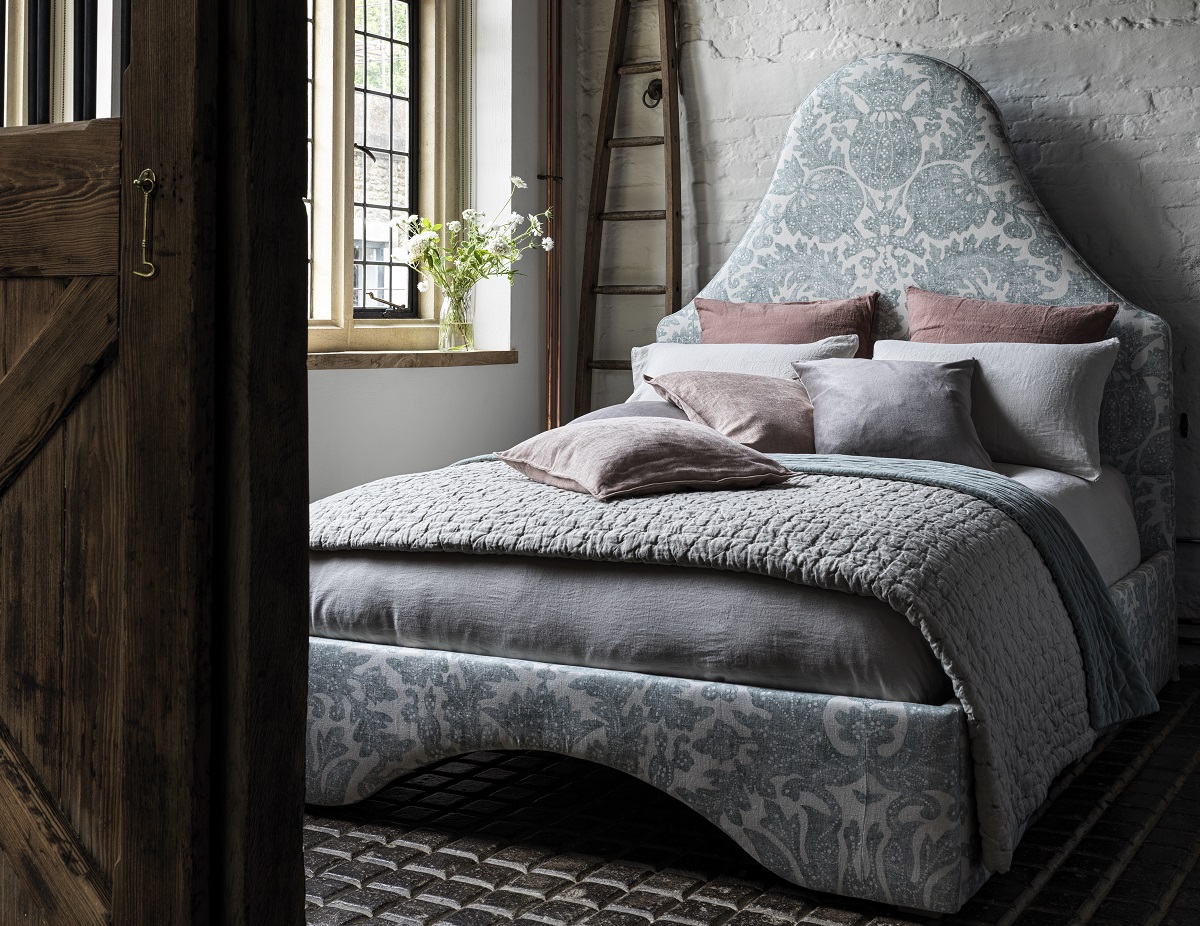
Image credit: Naturalmat
Our mission at Naturalmat is to make healthy and sustainable sleep accessible to all so we have partnered with a number of impactful organisations, including the Lullaby Trust, FRC, and Cotton Lives On to provide a better night’s sleep to those in need. By 2025, we aim to allocate five per cent of our production to tackling bed poverty.
As businesses, we have the power to create positive, impactful change. Instead of getting caught up in the corporate jargon, we have the option to choose sustainable suppliers or manufacturers and build a brand that connects with customers on a subject that truly matters. According to a 2021 study by Simon-Kucher & Partners, the market is at a real tipping point, with increasing interest in who is really on the green side of the eco-conversation. Brand messaging and hollow advertising simply is not going to cut it.
Exceeding the expectations of the consumer, having sustainability at the core of a business’s ethos and being led by passionate founders that are building their businesses around a mission for good is what takes companies higher, resulting in recognition and, ultimately, success.
Naturalmat is one of our Recommended Suppliers and regularly features in our Supplier News section of the website. If you are interested in becoming one of our Recommended Suppliers, please email Katy Phillips.
Main image credit: Naturalmat







